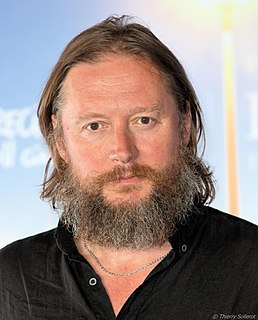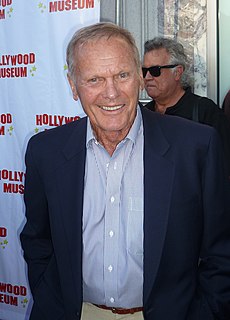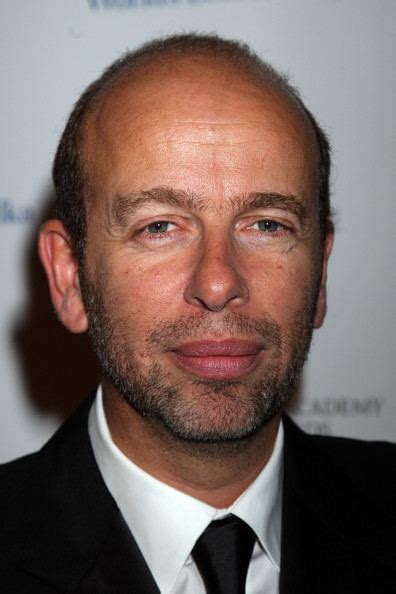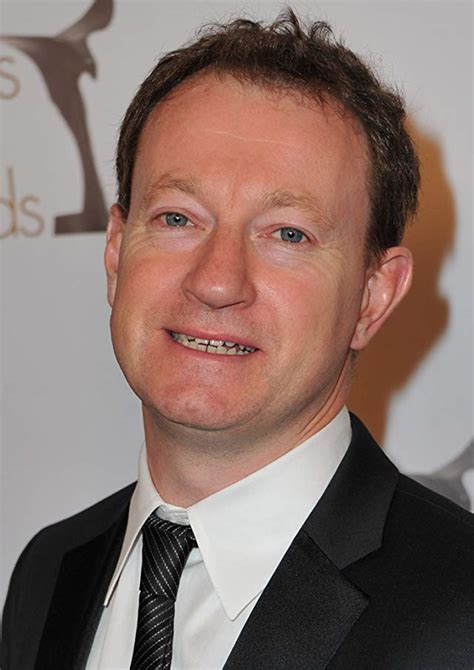A Quote by Ben Wheatley
People say, "How do you get into the British film industry?" There is no British film industry, there are just people making films and finding their own way. It's not like in the States where there are studios and there's an actual infrastructure to it; there's just nothing here. You make it from scratch a lot of the time.
Related Quotes
The problem with the British film industry is that it's really the American film industry, or a small branch of in lots of ways because of the common language. But it's great to see some individual voices still there. I think I probably gravitate towards a slightly more European, auteur model rather than the studio thing. I think it would be great if British films were a little bit more auteur driven.
I think now you see a lot more British films from the perspective of, I guess what would be considered "new" British people - people of color, Asian people. I think that's what's happening now, whereas 20 years ago it couldn't happen because it was still predominantly, "British film is about middle-class white families and what they do."
In my opinion, having worked in the games industry and still keeping in touch with a lot of those guys, there was definitely a time when they saw themselves as the little brother of the film industry. But they kind of went off in a different direction and now see themselves, I think, as being far more interesting and ahead of the film industry. They haven't just caught up. They've gone off in a different direction and exceeded the film industry.
All of my plays have puzzled some people, and I'm happy to say delighted a few, but a lot of people have just not seen how quite to look at them. And this film... if you like my writing, you'll like this film. If you don't, you won't like the film. It's pretty faithful to - it's a pretty uncompromising presentation of my way of seeing things, I suppose.
Once in a while a good opportunity would come along, like the first 'Playhouse 90 ever to air - working in television afforded me my best opportunities. The (film) industry was going through such turmoil at the time - studios didn't know where to go anymore, they were falling apart, television was there. They didn't know what kind of films people wanted. The European films were making a huge impact because those films wanted real people in real situations.




































